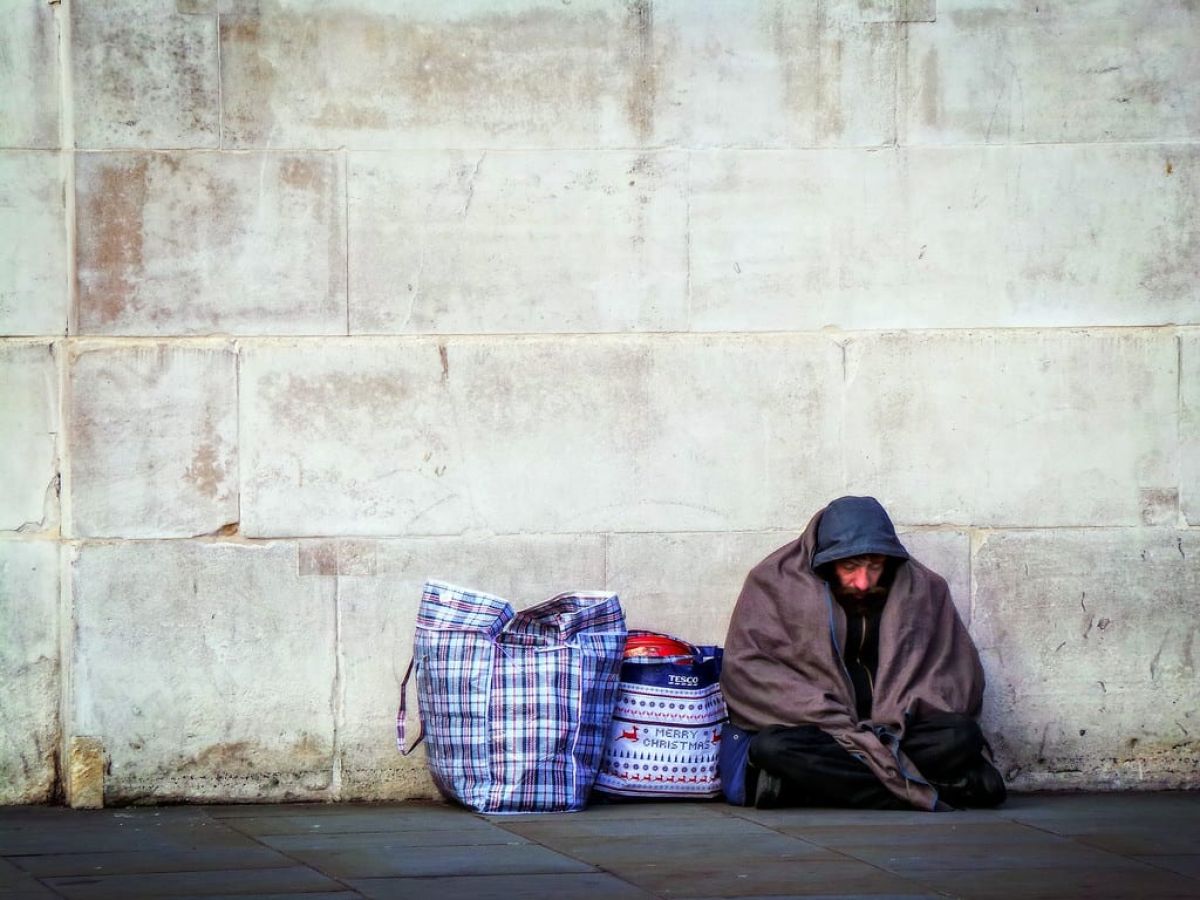City council is guilty of anti-social behaviour

Manchester City Council has recently revealed a genius new initiative to tackle homelessness; they are going to start imposing fines on the pesky men and and women forced to sleep in doorways and beg to survive.
Supposedly responding to real concerns from Mancunians about ‘anti-social behaviour’ in the city centre, the homeless could face up to £100 in fines, with an escalation to £1,000 if they fail to cough up, and even eventual incarceration.
It’s absurd, unacceptable and cruel. And it’s blatantly putting the sensitivities of the most privileged in society above anyone else.
Those living on the streets do not have access to £100, just as they don’t have access to regular healthcare, central heating, full bellies, or emotional support networks of family and friends.
How dare we accuse the very people we have excluded from our cosy and privileged society of anti-social behaviour?
The legislation will come under the ‘Public Space Protection Order’ (PSPOs) in attempts to make the city centre safer (read as more visually appealing) for locals. Again absurd.
As if the centre of Manchester, a city which has seen its fair share of unpleasantness, needs protecting from the weakest and most vulnerable. How about a ‘People Protection Order’ which distributes £100 to every poor soul without a roof over their heads?
Over 50 other local councils across the country have similar orders, since Theresa May as Home Secretary introduced the PSPOs in 2014. They are intended to target so-called ‘Anti-Social Behaviour’ to clean up city centres.
However, they serve only as a tool to criminalise behaviour which otherwise it is not justifiable to punish individuals for. PSPOs lend local councils a lot of discretion as to what they deem ‘Anti-Social’; one UK council banned 16-year olds from gathering in groups of three or more.
The very invocation of anti-social behaviour in this context is almost Orwellian. It includes urinating or drinking in public, setting up camp in disruptive places, sleeping in doorways, and ‘aggressively begging’.
In a city without public toilets and that systematically moves its homeless away from the most tourist saturated areas like Market Street and Chinatown, how exactly is this supposed to encourage for homeless men and women to find other options?
What is particularly striking about this list of unacceptable behaviour is that it creates a vague nostalgia for some students’ Freshers’ Week. Are the police also about to start patrolling Fallowfield on a Friday night, looking out for students laden with Strongbow Cans taking advantage of a strategically placed Grundon bin whilst waiting for a bus?
The council has claimed that they will not use the legislation indiscriminately, but perhaps they should. Arguably, those living in abject poverty have more of a reason to be drinking in the streets and being loud on buses than anyone else.
The utter ridiculousness of the policy shows just how unaccountable government and councils have become. Of course, there has been an uproar against the experimental measure, with the Liberal Democrat opposition leader in Manchester, John Leech, describing it as “social cleansing”. Yet, has there been any move to abandon this archaic idea? Not that I have seen.







